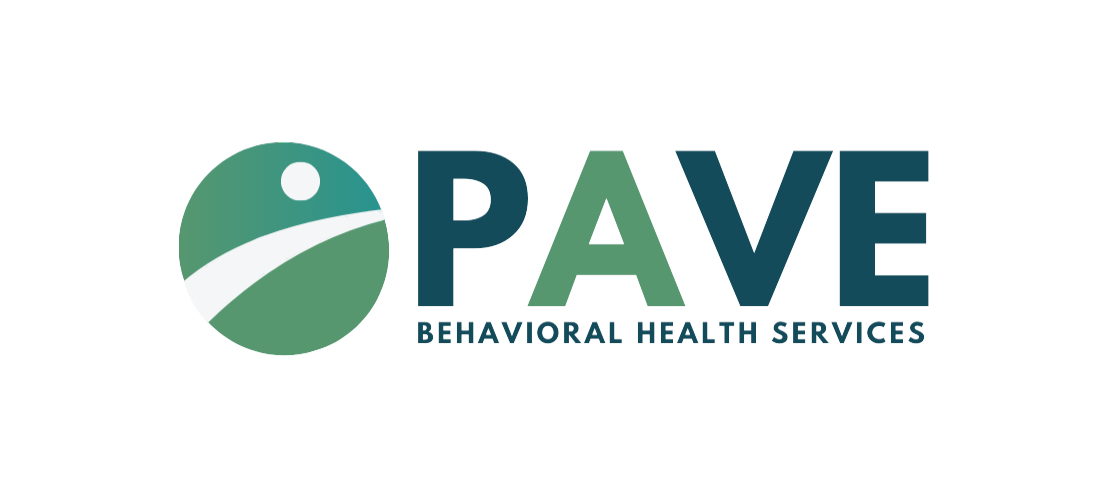Depressive Disorders
What are Depressive Disorders?
Depressive disorders are a group of mental health conditions characterized by feelings of sadness, hopelessness, and a lack of interest or pleasure in activities that were once enjoyable. These disorders can significantly impact a person's daily life, affecting work, relationships, and overall functioning.
Types of Depressive Disorders
Major Depressive Disorder (MDD)
Symptoms include persistent sadness or low mood, loss of interest or pleasure in activities, fatigue, feelings of worthlessness or guilt, difficulty concentrating, changes in sleep and appetite, and thoughts of death or suicide. Symptoms must last for at least two weeks to be diagnosed. Major depression can interfere with daily activities and may require treatment, including therapy and medication.
Persistent Depressive Disorder (PDD) [Dysthymia]
It involves chronic depressed mood for most of the day, for more days than not, lasting for at least two years in adults (one year in children and adolescents). It lasts for a longer period, but the symptoms tend to be less intense than those of major depression. It can still interfere with one's ability to enjoy life, even though the symptoms may not be as acute as major depressive disorder.
Seasonal Affective Disorder (SAD)
Symptoms occur at a specific time of the year, often in the winter when there is less sunlight. Common symptoms include irritability, fatigue, weight gain, and a lack of interest in activities. It can be severe and requires treatment, including light therapy, antidepressants, and psychotherapy.
Premenstrual Dysphoric Disorder (PMDD)
Symptoms of PMDD include mood swings, irritability, anxiety, fatigue, and depression, often beginning in the final week before the onset of menses. It can affect a woman's ability to function in daily life, and treatment may include medication or lifestyle changes.
Treatment Approach
The management of depressive disorders typically involves a combination of psychotherapy, medications, and lifestyle changes. In severe resistant cases, Electroconvulsive Therapy (ECT), Transcranial Magnetic Stimulation (TMS), or Ketamine treatment may be recommended but are not offered at this location.
